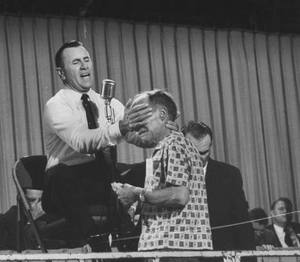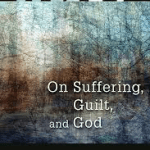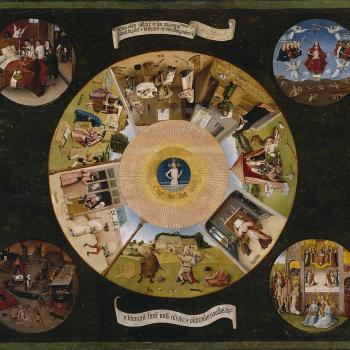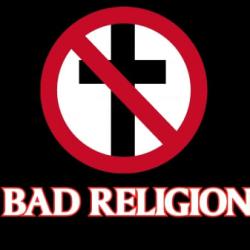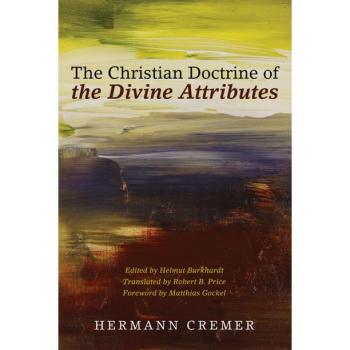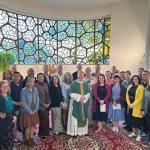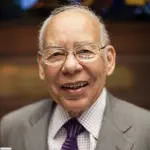“Faith Healing” : What Is It?
This subject has come to my attention through reading and hearing the phrases “faith healing” and “faith healer” in journalism and popular culture. They are phrases often used to label, among others, Pentecostal evangelists who claim to have some special “gift” of transmitting God’s healing power to sick, injured, or otherwise physically or mentally impaired people for whom they pray.
Problem is…I grew up “in the thick” of America’s healing revivals and never once heard any healing evangelist refer to himself or herself as a “faith healer” nor did we, Pentecostals and charismatics, ever use these phrases or labels. I’m not sure who invented them or why. Oral Roberts, debatably the most famous of healing evangelists, repeatedly denied being a “faith healer.”
Again, I complain about outsiders misrepresenting religion when they could easily find and follow the truth (in their representations). “Faith healer” has become the common label in popular culture and even among historians, sociologists, psychologists, and journalists—for anyone who claims to have a gift of channeling the healing power of God.
Two recent examples represent hundreds if not thousands. Two of my favorite television shows are British: “Endeavor” and “Call the Midwife.” An episode of the former shows a group of “faith healers” praying for a policeman’s dying wife. They are sinister looking men with black coats, hats and beards. They lay their hands on the dying woman’s head and mumble mumbo-jumbo incantations. They are called “faith healers” by the woman’s husband (and by the writers of the show). Of course, their “prayers” have no effect and she dies.
”Call the Midwife” is a very authentically written and acted show about a group of Anglican nuns who serve as midwives and nurses in a poor part of London in the 1950s and 1960s. The writers clearly go out of their way to portray everything authentically. However, in the last few series of the show one actor portrays the “pastor” of a mostly Jamaican Pentecostal church in London. Unfortunately, he does not appear to have any theological training. In one episode he is a mechanic and in the next one he is pastor of the small Pentecostal church. When he is called to pray for a young Jamaican immigrant boy who is displaying signs of schizophrenia he talks about “faith healing.”
I grew up in the thick of the healing movement of the mid-20th century in America. I was taught or read all about many healing evangelists and attended many of their healing “crusades.” I remember William Branham who, if he was a charlatan, was also a shaman. I remember Kathryn Kuhlman and attended one of her healing meetings with at least a thousand other interested people. I worked for Oral Roberts for two years, teaching theology in his university and doing my best to undermine the parade of prosperity gospel evangelists whom he invited to speak in chapel services. I remember A. A. Allen, Morris Cerullo, Benny Hinn and many, many others. My family and church revered these men and women and I do not remember anyone referring to them as “faith healers” or to their “ministries” as “faith healing.”
One contemporary scholar who writes about religious healing is Associate Professor of Religious Studies at Indiana University Candy Gunther Brown, editor of “Global Pentecostal and Charismatic Healing.” Another one is Asbury College and Seminary theologian and biblical scholar Craig Keener whose book about contemporary miracles I have reviewed here before.
”Faith healing” and “faith healer(s)” have become so common place in discourse about this belief, practice and phenomenon that almost everyone uses them. But the reason Oral Roberts and other Pentecostal-charismatic healing evangelists reject them is because they all (with a few exceptions that I don’t know about) reject the idea that it is faith that heals; they all say it is God who heals. They reject the New Thought idea that healing can be brought about through positive thinking (although something of that idea has bled into some Pentecostal-charismatic “Word Faith” theology and practice).
Years ago I read and reviewed (for the Minneapolis Star-Tribune) a biography of healing evangelist Aimee Semple McPherson. The biography was written by a Jewish skeptic of anything supernatural, but he interviewed dozens of people who claimed to have been healed of serious illnesses via the prayers of “Sister Aimee.” He investigated the claims and admitted that he believed some people were healed at her healing revivals through the medium of her prayers. But he concluded that this only confirms a dimension of the mind-body connection that science does not yet understand.
Belief in special divine healing through prayer did not begin with the Pentecostal movement; during the late 19th century a powerful healing revival movement broke out in the U.S. and spread throughout the world. Pre-Pentecostal evangelists such as John Alexander Dowie, Ethan Otis Allen, Maria Woodworth-Etter, and Smith Wigglesworth specialized in “divine healing” through prayer.
So what is the correct term for what healing evangelists and those who believe in their gift of healing believe and practice? When I was growing up in the thick of the mid-20th century American healing movement it was simply “divine healing.” I never heard or read of “faith healing” until I left Pentecostalism and began reading and hearing mostly critics label the practice. Does it matter? Well, yes, insofar as we think it always best to use the terminology of a group when describing them. And writers of books, movies and television programs should avoid putting phrases like “faith healing” in the mouths of characters who would never have used them. It’s like the common term “Pentecostalists” or even “holy rollers.” No Pentecostals ever used those terms (except possibly “holy rollers” among themselves in a joking manner).
I have no particular opinion about the effectiveness of “divine healing” revivalism in which a person claiming to have the “gift of healing” organizes a mass meeting to pray for the sick. I have attended them. I was even “slain in the Spirit” at a Kathryn Kuhlman meeting—along with hundreds of other people. However, I do believe in and have experienced healing through prayer within the church as commanded by James 5:13-15 and believe Christians ought to follow that pattern in prayer for the sick.
*Note: If you choose to comment, be sure your comment is relatively brief (no more than 100 words), on topic, addressed to me, civil and respectful (not hostile or argumentative), and devoid of pictures or links.*


